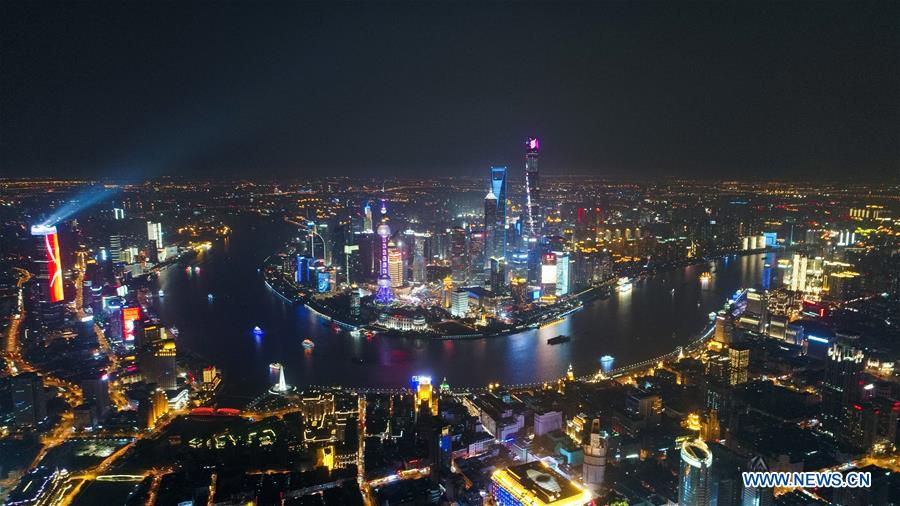A new milestone in China's reform and opening up
 0 Comment(s)
0 Comment(s) Print
Print E-mail SHINE, November 4, 2018
E-mail SHINE, November 4, 2018

Chinese President Xi Jinping will open the first China International Import Expo in Shanghai tomorrow, underscoring the nation's commitment to open its markets wider and stock its shop shelves with products from around the world.
He has called it an "unusual" event. Certainly, it is extraordinary event in terms of size and scope. More than 3,000 companies will be among the exhibitors from over 130 countries.
Business tycoons such as Bill Gates and Jack Ma will be appearing at the companion Hongqiao International Economic and Trade Forum.
Xi will deliver the keynote address tomorrow and visit country pavilions with foreign leaders. Today, he and his wife Peng Liyuan are hosting a welcoming banquet for select participants of the exhibition.
"The import expo is seen as a new milestone in China's reform and opening up to the outside world," said Shanghai Party Secretary Li Qiang. "Shanghai is honored to host such a grand event."
Preparations have been underway for months to ensure that the event takes place smoothly, that exhibitors have logistical support and that visitors receive any help they may need. The welcome mat is large and cushioned.
As the world's second-largest economy, China's gross domestic product grew 6.7 percent in the first three quarters of this year, with economic output totaling 65.09 trillion yuan (US$9.34 trillion).
The growth comes against a backdrop of complicated world economic conditions, which haven't deflected China from its efforts to deepen reform, improve the business environment and open its door wider to foreign investors.
In the first half of 2018, China topped the world in foreign direct investment, with about US$70 billion in capital inflows, or 15 percent of the global total, according to a report by the United Nations Conference on Trade and Development. Foreign direct investment in China grew 6 percent.
In sharp contrast, global direct investment in the first half slumped 41 percent to a decade low.
The World Bank released a report last Wednesday ranking China among the top 50 economies in the world for ease of doing business. China advanced to a global ranking of 46, up from 78 last year.
China implemented the "largest number of reforms in the East Asia and Pacific region," according to the report, which highlighted Shanghai and Beijing.
Shanghai has initiated 100 new policies this year, aimed at attracting more foreign investment. The measures cover finance, advanced manufacturing, intellectual property, import support platforms and the business environment.
"Shanghai should be a bridgehead to serve the 'Belt and Road Initiative,' an Asia-Pacific hub to allocate global resources and a strategic support for China's development on the world stage," Party Secretary Li said.
Multinational companies have set up 653 regional headquarters in Shanghai, as well as 438 research and development centers.
That may be one of the many reasons that Shanghai was chosen to host China's first import expo.
The event is billed as a celebration of free trade, with buyers in China expressing eagerness to see foreign products and services on offer. Big deals are expected. China Southern Airline, according to one report, will sign order valued at 30 billion yuan.
The event goes beyond just a trading marketplace.
During expo, the Hongqiao International Economic and Trade Forum, under the theme "spurring new vitality in global trade," will host dialogues on trade. More than 2,000 government officials, leaders of international organizations, renowned entrepreneurs and academics from over 130 countries and regions will participate.






Go to Forum >>0 Comment(s)